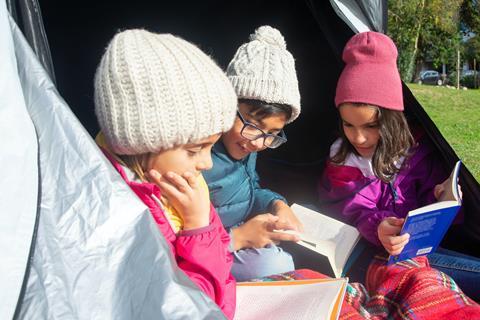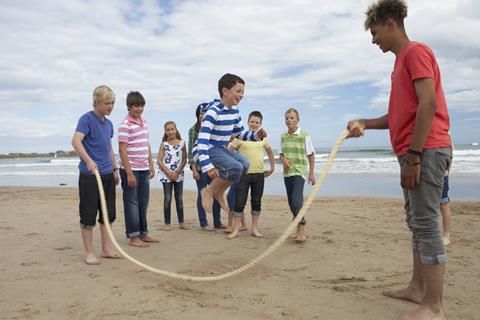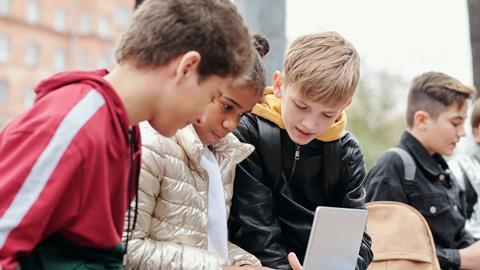Learning Away expert Peter Carne OBE, on how to evaluate the impact and success of residential trips.
It is crucial to view evaluation as an integral part of planning and delivering residentials, but schools often struggle to evaluate these experiences effectively.
Evaluation provides evidence, helping you to check whether what you are doing is meeting the needs of your students, and creates a basis for the next steps in their learning.
Here are my 10 top tips to help you evaluate your residentials
- Make evaluation an integral and essential part of the planning of your residential from the start.
- Establish exactly what you want to find out. What are the aims/impacts you hope to achieve once back at school, as a result of providing the residential?
- Do you need to benchmark? You may need to collect some baseline data or evidence before the residential takes place in order to evaluate its impact.
- Decide upon the most effective methodology. To do this you may want to consider these questions… What evidence or data do you think is most valuable and why? What sort of data can you collect? How much data do you expect to gather? What kind of data would be useful to show to others?
- Decide whether it is possible or preferable to use qualitative or quantitative methodological approaches (or both). Qualitative data is information gathered from what people say and feel or what is observed. Quantitative data is any information that can be counted.
- Do you want to know whether the residential has had longer-term impact, as well as immediately after your return to school?
- Make sure you know how you will make sense of or ‘analyse’ the data collected. You may want to consider these questions. Were the residential’s aim/objectives achieved? What impact did the residential have on the participants? Were there unexpected outcomes? Why may they have occurred? What might you do differently next time?
- Use what you’ve found out. Think about the ‘report’ you produce. This could be a written report, PowerPoint presentation (used in assemblies, staff/governors’ meetings, parents’ evenings) or displays. Make your findings available on your school’s website.
- Use your findings as promotional opportunities to celebrate the benefits of the residential, and to gather support/funding for future residentials.
- Use your evaluation to start planning your next residentials!

Why is evaluation useful?
It shows the impacts and benefits of a residential
Evaluation indicates whether an intervention (in this case a residential) is effective and has achieved its purpose. Without evaluation, it is impossible to know whether an intervention is (or is not) having a positive impact on learning. Evaluating a residential will tell you what impacts or benefits it has had on students (and the school as a whole).
The process itself is beneficial
Being involved in the design and implementation of evaluation is a valuable experience for both staff and students, especially if the students are involved in the process as active participants. This is known as ‘participatory evaluation’. It provides a way for everyone to learn about the process of change, based on their own experiences.

It helps to plan future residentials
Evaluation guides future action. It helps to identify strengths and weaknesses in the residential experience. By investing time in recording what is being done and by measuring outcomes, it is easier to review the experience, identify improvements and plan for future residentials. Evaluation is not just about demonstrating success; it is also about learning why things don’t work.
You can make use of the evaluation evidence
Evaluation can justify the experience and gather support for future residentials. It illustrates what has been achieved and demonstrates whether you have used your resources (people, time and money) effectively. These impacts and benefits can be shared with others, e.g. parents and carers, senior leaders, other staff, governors and Ofsted.
A free resource for schools
There are many different approaches to evaluation. There is no one ‘right’ way that will work for all residentials.
Learning Away developed a free resource to help teachers evaluate the experience. It is a toolkit or toolbox, containing a number of different tools.
It aims to help you design a simple evaluation plan and show how you could use these practical tools to collect your data: www.learningaway.org.uk/free-resources/evaluation-tool-kit/
A version of this article was first published in the Learning Outside the Classroom Yearbook 2024.
You can read the digital edition here.









No comments yet